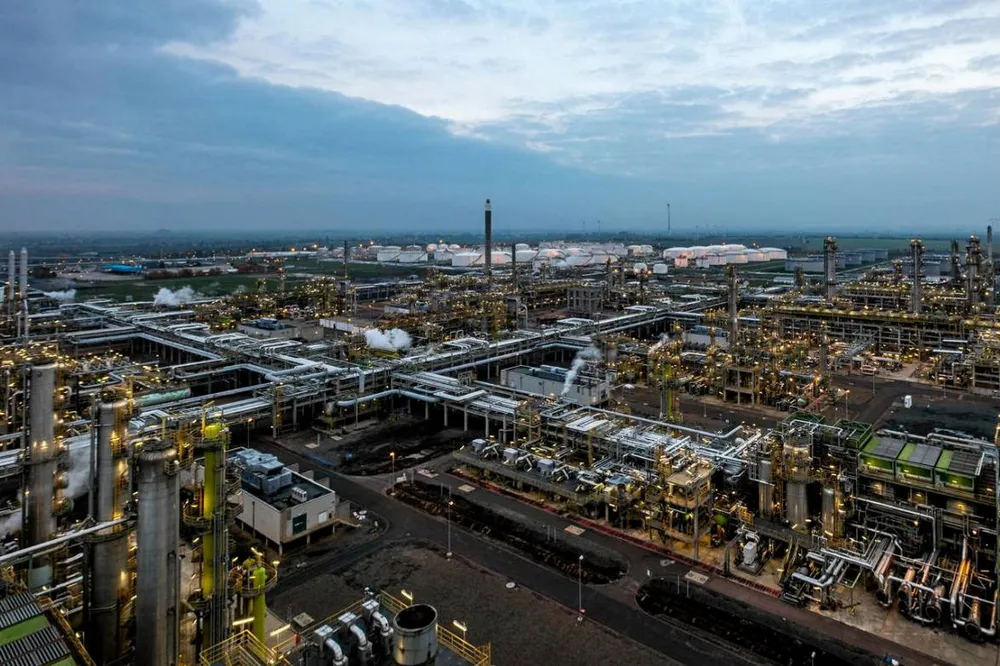TotalEnergies to switch from grey to green hydrogen at German refinery by 2030 — but crude oil processing will continue
Oil major says it will replace all grey H2 used in its European refining businesses to ‘low-carbon’ options from start of next decade
